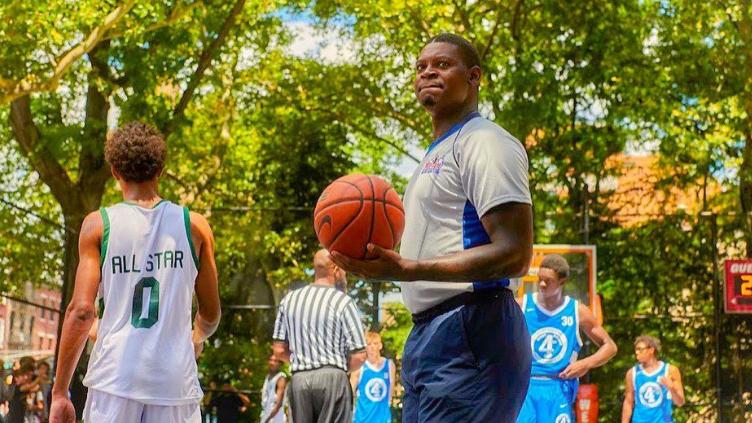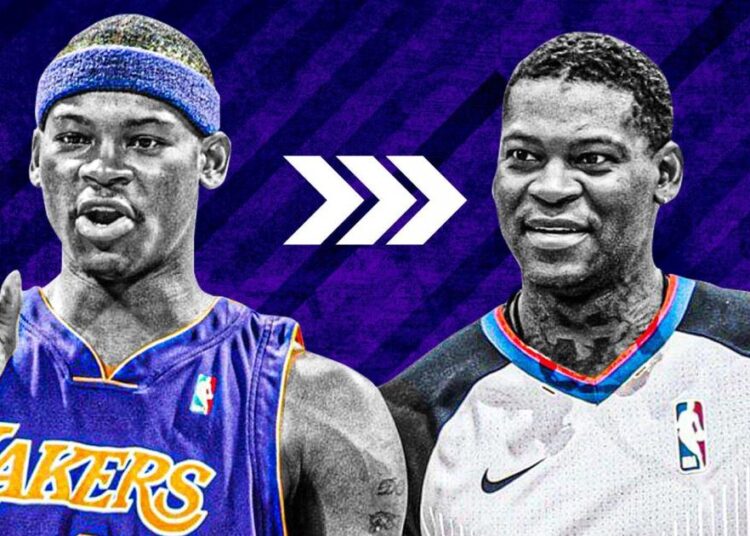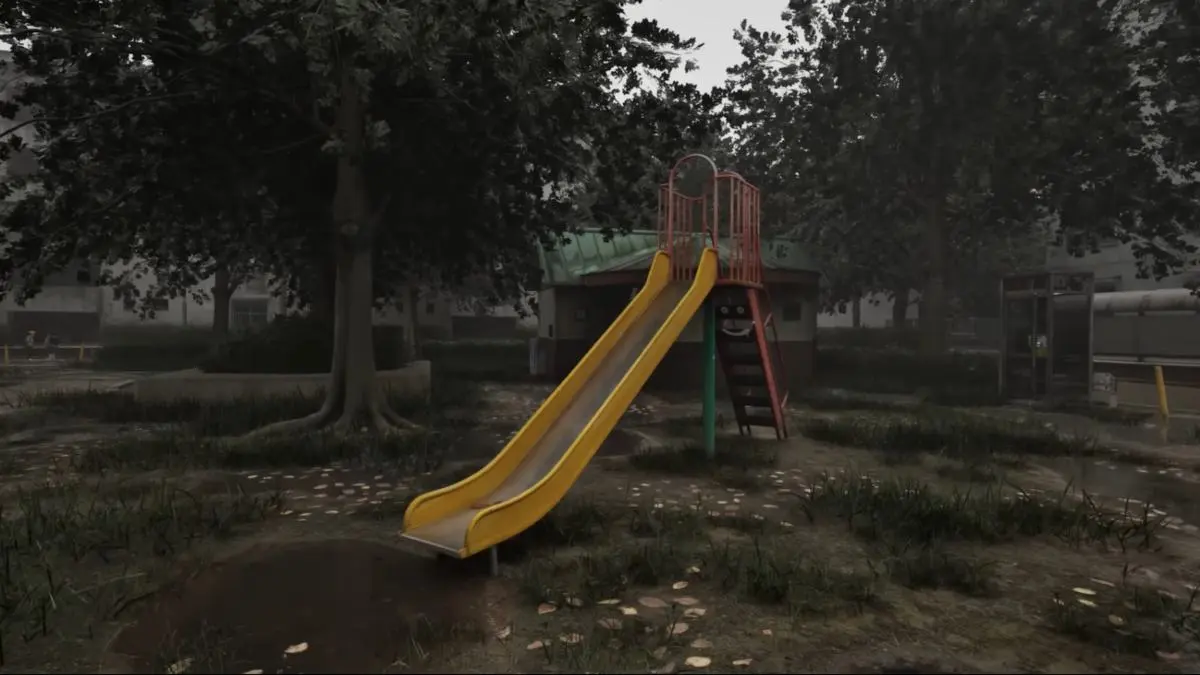Smush Parker has never been afraid of overcoming long odds. After going undrafted out of Fordham University, he carved out a 16-year professional career. That included five years in the NBA, most notably with the Lakers and Kobe Bryant.
Now, with his playing career behind him, he’s given himself an even bigger challenge.
“I’ve said it, and I’ll continue to say it. It’s a harder journey to make it to the NBA as a referee than as a player,” Parker told The Sporting News.
“That’s saying a lot, because it’s 0.03 percent of high school basketball players that actually make it to the NBA. For me, the journey to becoming an NBA referee will be harder.”
Vote now for your favorite NBA All-Star starters!
While that statement may be hard to believe, Parker explains that it’s a numbers game. There are 450 roster spots in the NBA at any given time. But the league hires only around 70 or 80 full-time officials.
“It’s so competitive,” Parker said. “There’s so many referees now that want to be NBA officials. The opportunity is a lot smaller.”
Only three players in NBA history have made the transition to officiating in the league: Bernie Fryer, Leon Wood and Haywoode Workman. Parker will try to become the fourth. It was an idea that came to him in the final years of his career.
“When I was in the NBA, I thought I was going to play basketball forever,” Parker said. “It wasn’t until later in my career where I felt my basketball playing days were coming to an end where I started to think about what I was going to do with the next 40 years of my life.”
Parker gave coaching and training consideration, but he felt that he wasn’t ready to pursue those fields. After years of brainstorming, the idea of refereeing popped into his head.
“When it did, the light bulb went off,” Parker said. “Like, ‘Yep. That’s where I’m going.'”
Parker went straight into refereeing after retiring from playing. It was a natural transition for him because “a lot of players think we’re referees when we play the game anyway.” He quickly found out how wrong he was.
“It was a rude awakening for me,” Parker said. “I knew nothing about the bigger game of basketball. I just knew how to play it very well. There are a lot of rules, a lot of technicalities.”
Parker was also surprised to learn how structured refereeing is. Each official is responsible for covering a section of the floor rather than the whole court. That makes positioning extremely important.
“The technique, the form, the way you look — it’s almost like ballet as opposed to hip hop dance,” Parker said. “Ballet is a very structured dance. Hip hop is free. It’s flowing. That’s not how officiating is.”
Parker took a mechanics class to learn where to position himself. He learned the correct verbiage to use when telling the scorer’s table what type of foul occurred. He studied the different rulebooks for the high school, college and pro levels. He memorized the most esoteric rules.
And yet, he is still far from his NBA goal. There are levels to refereeing. Parker is somewhere in the middle of his journey.

“I played in the NBA, so I’m on an accelerated course. I’m starting a little bit ahead,” Parker said. “For somebody, Joe Smith off the street, it would take them no less than 10 years. It’s about showing consistency on making great calls and reading the right plays, going through all the levels.
“You got the high school level. You master that, then you go to junior college, then [Division III], [Division II], [Division I]. It takes years of being good at one level to advance to the next level.”
Parker’s playing career has helped him in many respects, but there’s also a downside.
“Because of my background, and who I am, the hardest part is that people know who I am,” Parker said. “They know me by name. They make everything personal. It’s not, ‘Hey ref, that was a bad call.’ It’s, ‘Yo Smush, you’re f—ing up,’ pardon my French.
“Everything is personal whenever I officiate games. You can kind of block out when someone says, ‘Hey ref.’ Parents, fans, players — you block that out. But once they are calling you by your name, it grabs your attention.”
Parker has a thick skin when it comes to the insults. He grew up playing in the streets of New York City against stronger kids who tried to rough him up because he was the youngest player at the park. That gave him a toughness that has allowed him to get through all kinds of adversity.
And on some level, he deserves all the verbal abuse coming to him.
“I think this is karma for me,” Parker said, laughing. “It’s definitely karma. Because I really got on the referees as a player.”
Read the full article here
























